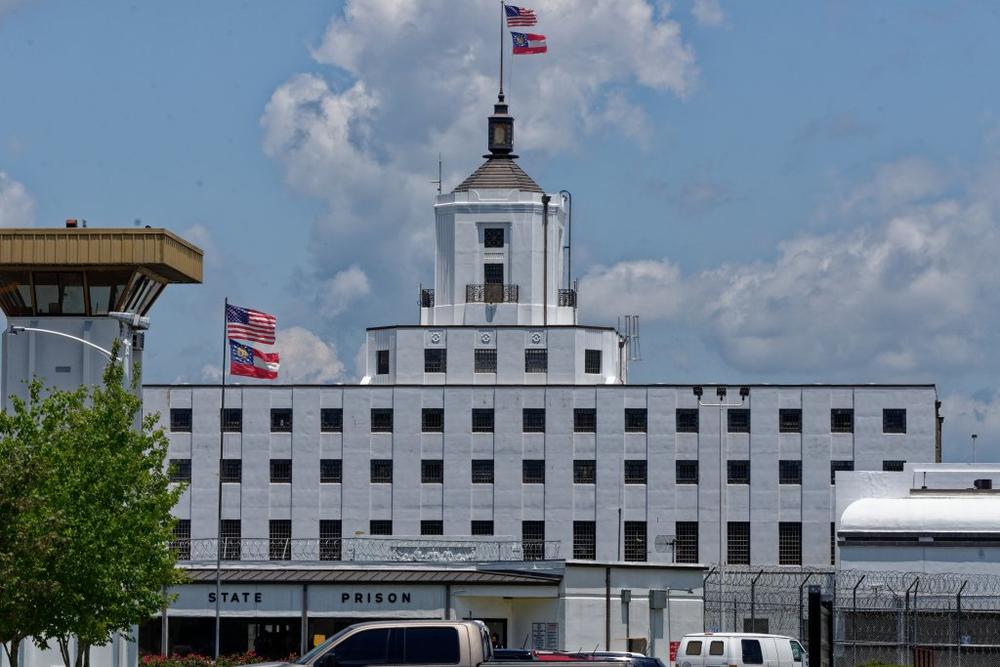
Caption
Georgia State Prison in Reidsville was constructed in 1938 and is the oldest prison in the state. Gov. Brian Kemp and the Department of Corrections are proposing to replace four outdated prisons with two newer secure facilities.
Credit: Judson McCranie/ Creative Commons

